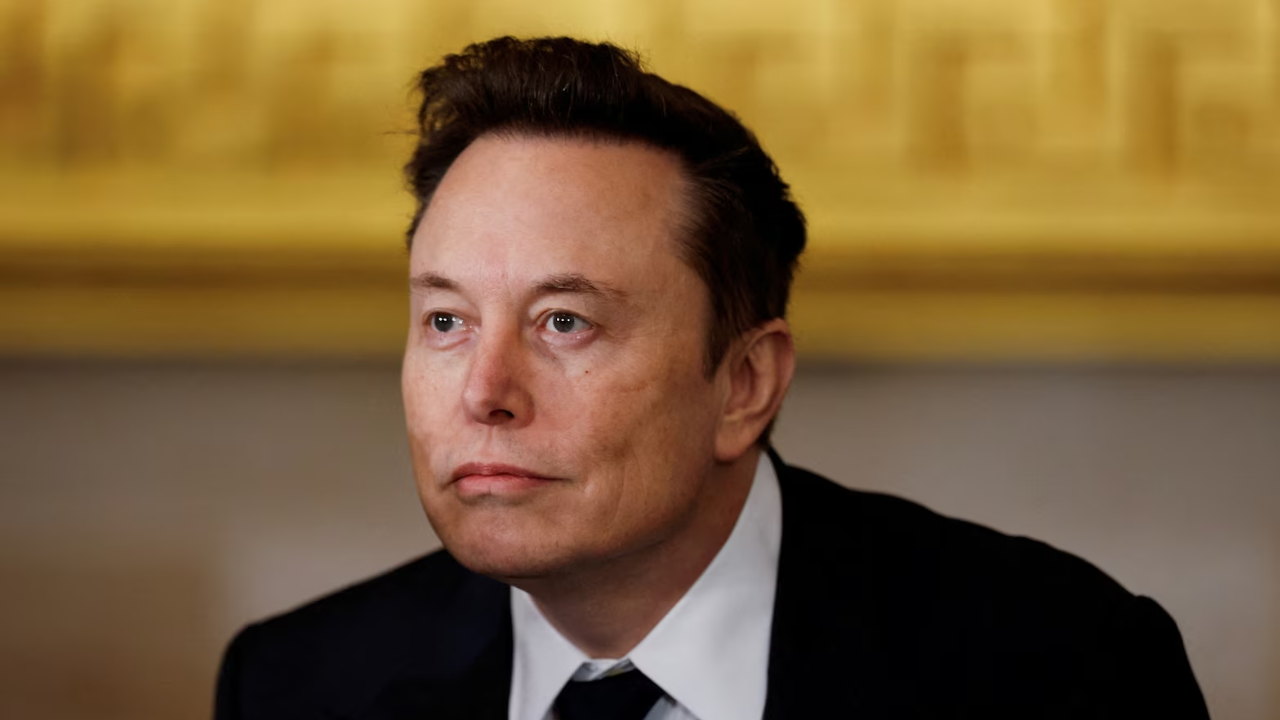
The bipartisan U.S. Congress Joint Economic Committee is investigating Starlink, Elon Musk’s satellite internet service, over its possible role in a global scam network worth billions.
This investigation was confirmed by AFP in October 2025, following the discovery of Starlink terminals at scam centers in Southeast Asia by lawmakers. The committee is seeking answers from SpaceX and may create new rules for satellite internet providers.
The Financial Toll

A U.S. government estimate indicates that in 2024, Americans lost at least $10 billion to scams originating in Southeast Asia, representing a 66 percent increase from the previous year. Senator Maggie Hassan noted that financial scams “eclipsed $1 trillion in stolen money worldwide last year.”
The U.S. Treasury warns that these international groups are using advanced technology to evade detection.
Starlink’s Explosive Growth in Myanmar
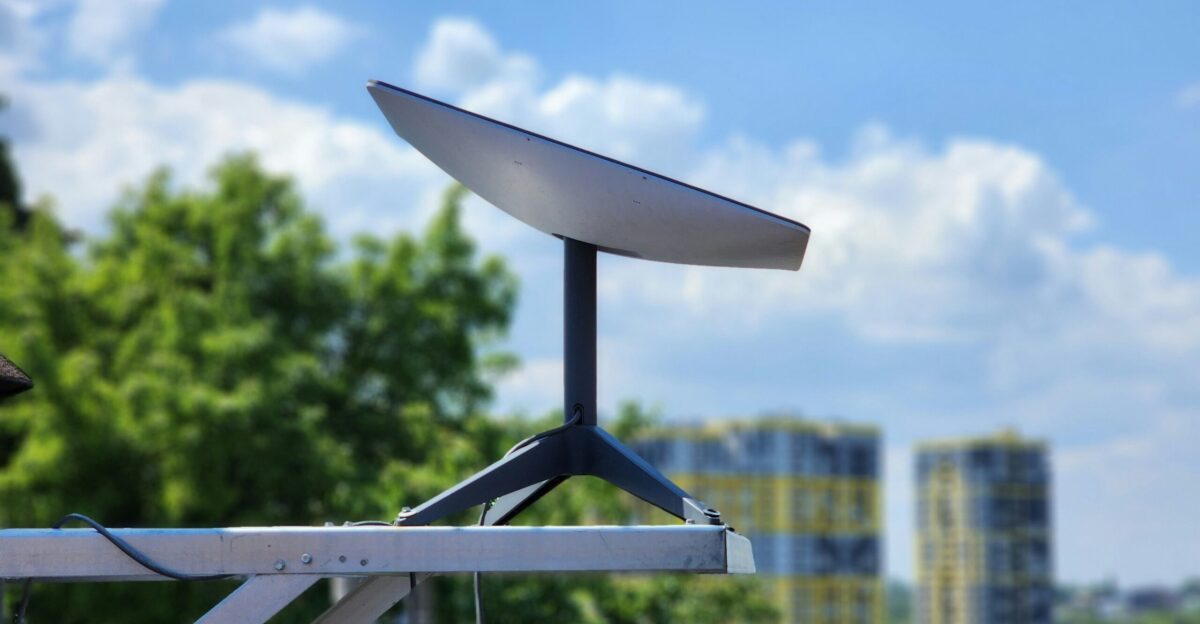
APNIC data shows that Starlink became Myanmar’s top internet provider from July 3 to October 1, 2025, despite not having a local license. This occurred after a February 2025 crackdown.
Launched by SpaceX in 2019, Starlink aims to provide high-speed internet worldwide, especially in underserved areas.
The Crackdown That Failed

In February 2025, China, Thailand, and Myanmar pressured pro-junta Myanmar militias to eliminate scam compounds, freeing about 7,000 people.
The governments cut power and telecom services in border towns, but Starlink’s technology allowed operations to resume quickly. By October 2025, drone footage showed 80 Starlink dishes on one roof at the KK Park compound, with more at other sites.
Eight Major Scam Hubs Identified
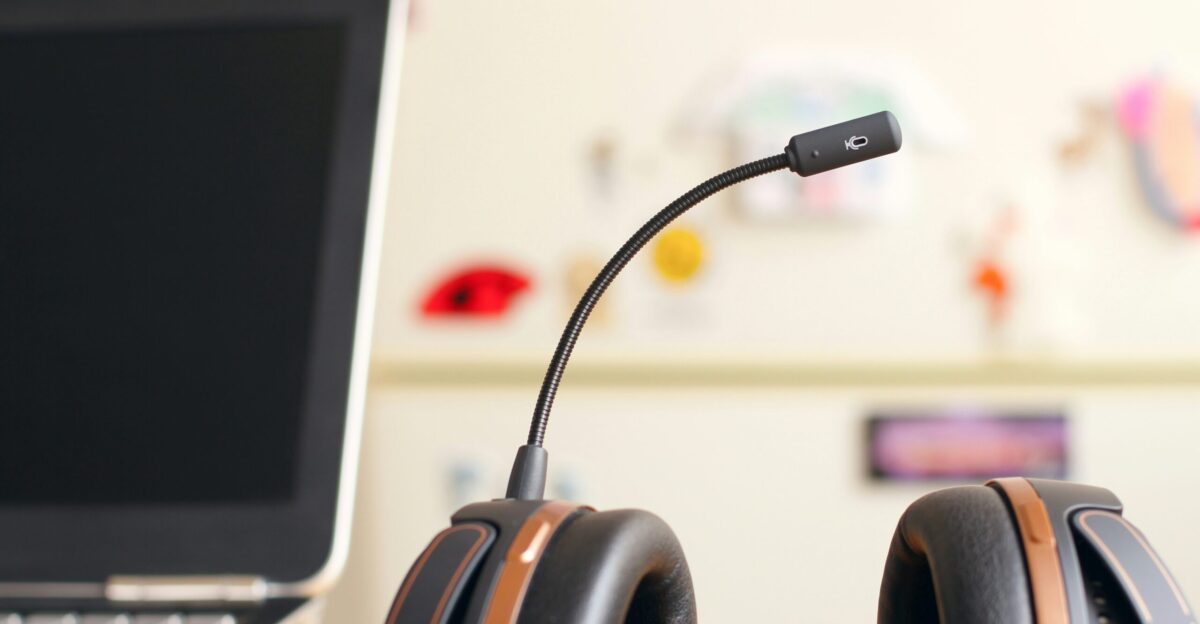
The investigation focuses on scam centers in Southeast Asia, especially near the Myanmar-Thailand border.
Reports indicate that at least eight major scam centers in this area have utilized Starlink to facilitate online fraud. Between November 2024 and February 2025, over 40,000 logins were traced to these sites.
220,000 Victims Trafficked

A 2023 report from the UN Office of the High Commissioner for Human Rights says at least 120,000 people in Myanmar and 100,000 in Cambodia are forced to carry out scams.
Around 220,000 have been trafficked to scam centers in Southeast Asia, where they face harsh conditions and torture, leading to suicides.
“Abhorrent That an American Company Enables This”
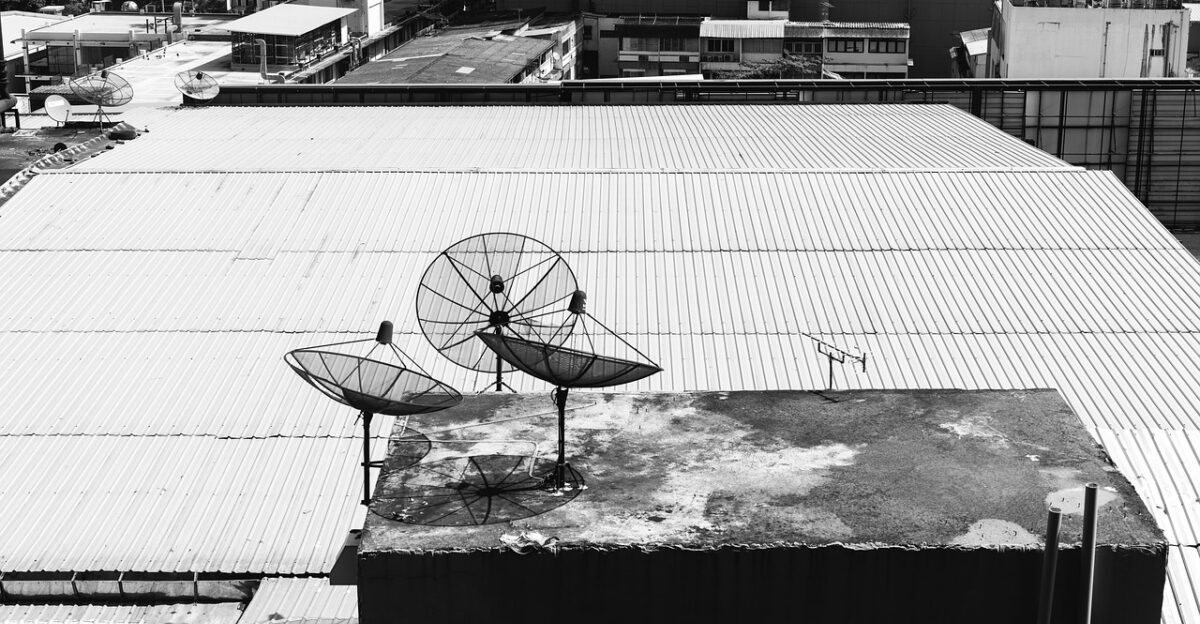
“It is abhorrent that an American company is enabling this to happen,” former California prosecutor Erin West told The Guardian.
West, founder of Operation Shamrock, also stated: “Starlink is an American company, and it is the backbone for how these bad actors are able to access Americans. Our own technology is being used against us.” West warned Starlink in July 2024 about crime syndicates using its dishes but received no reply.
Thailand Seizes 130 Devices
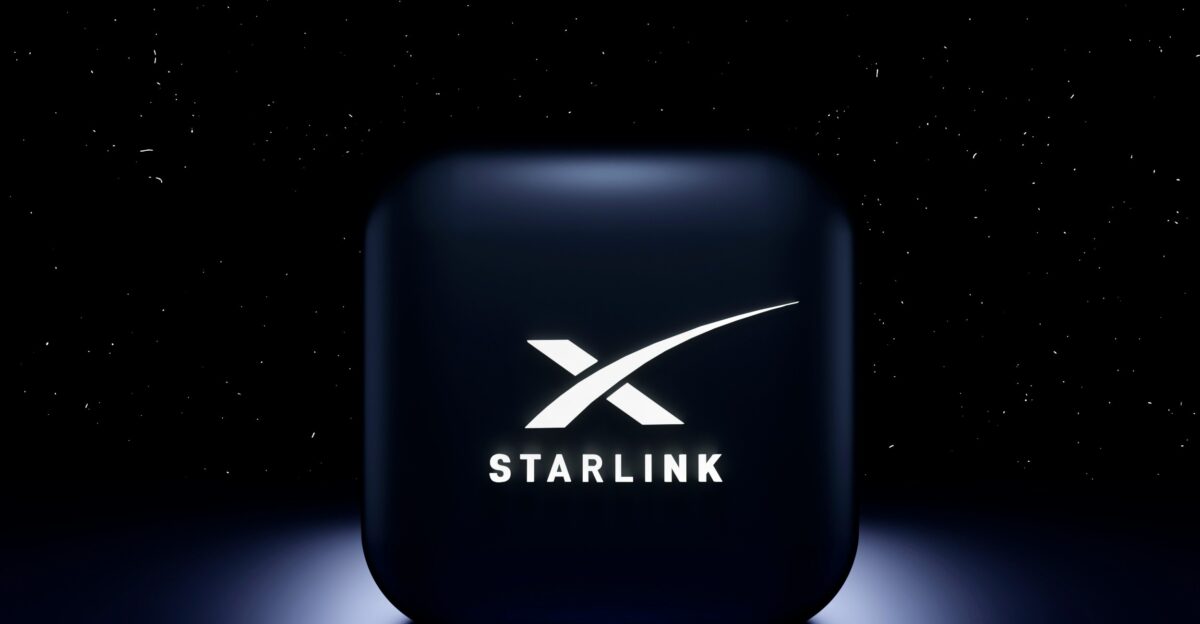
In 2025, Thai law enforcement seized over 130 Starlink devices from scam sites.
Despite SpaceX’s ability to turn off devices and restrict use in certain areas, experts and lawmakers doubt these measures effectively prevent criminal misuse.
SpaceX’s Non-Response
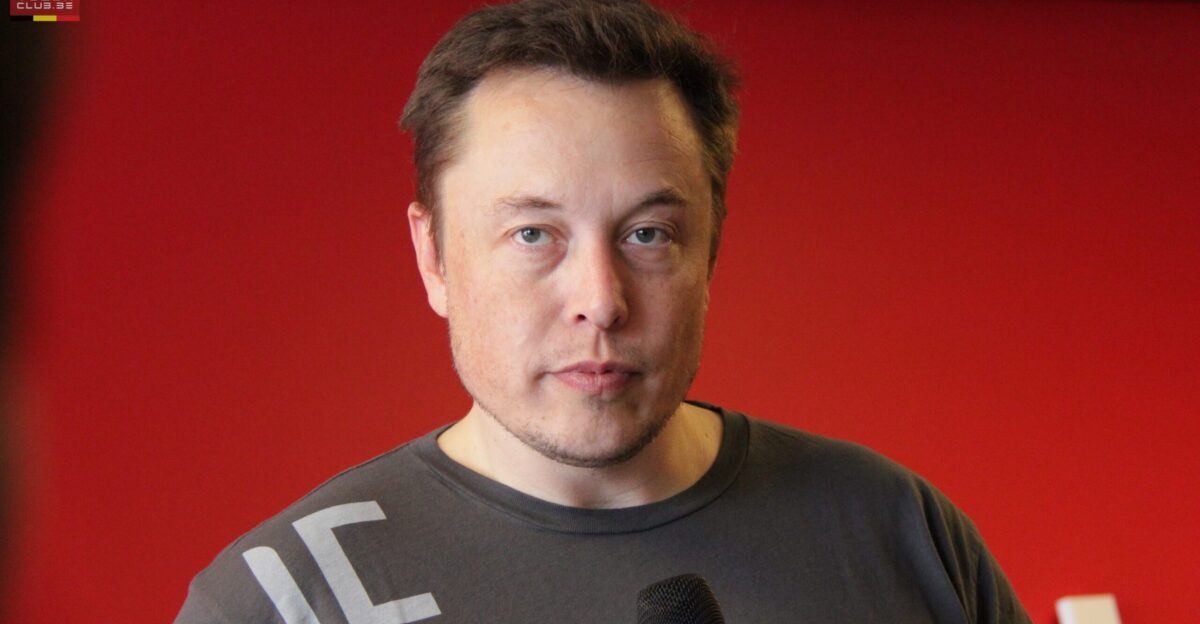
SpaceX has not responded to requests from AFP or acknowledged the use of Starlink for scams in Southeast Asia.
While the company claims to investigate and deactivate devices, its lack of transparency makes it difficult to trust and hold it accountable.
Thai Lawmaker Calls on Musk
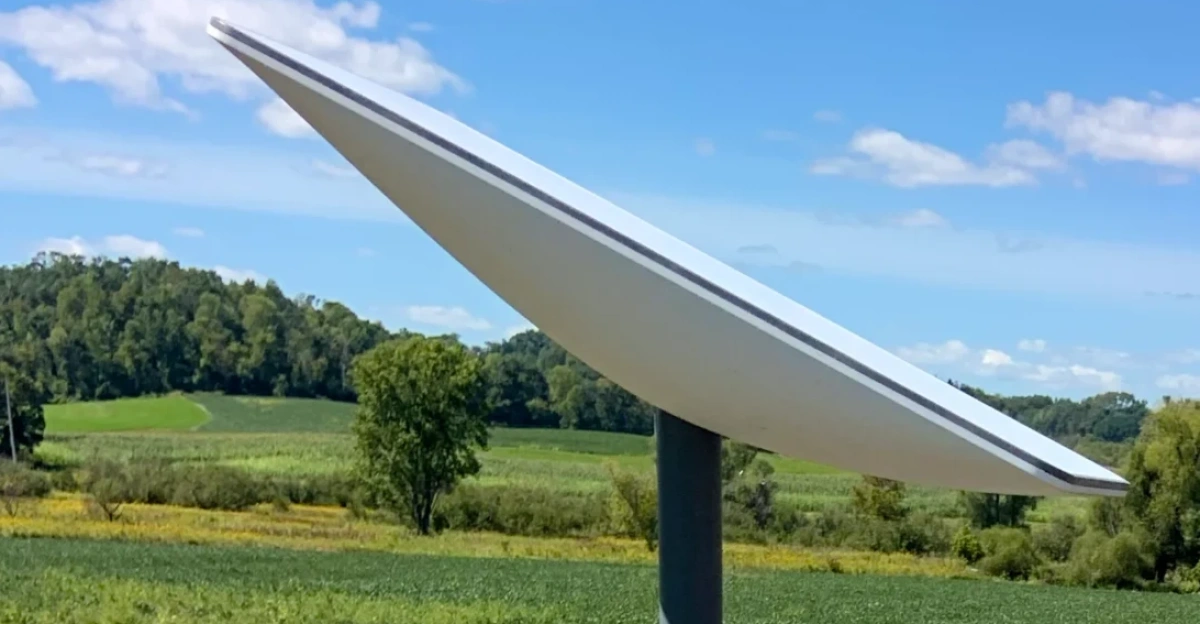
Thai lawmaker Rangsiman Rome called on Musk to intervene, stating, “SpaceX must have the capacity to stop this problem.”
Senator Maggie Hassan has asked Elon Musk to block scammers from using Starlink, urging SpaceX to prevent its technology from being used for illicit purposes. Congressional inquiries are seeking accountability from the company’s leadership.
The Technology Advantage
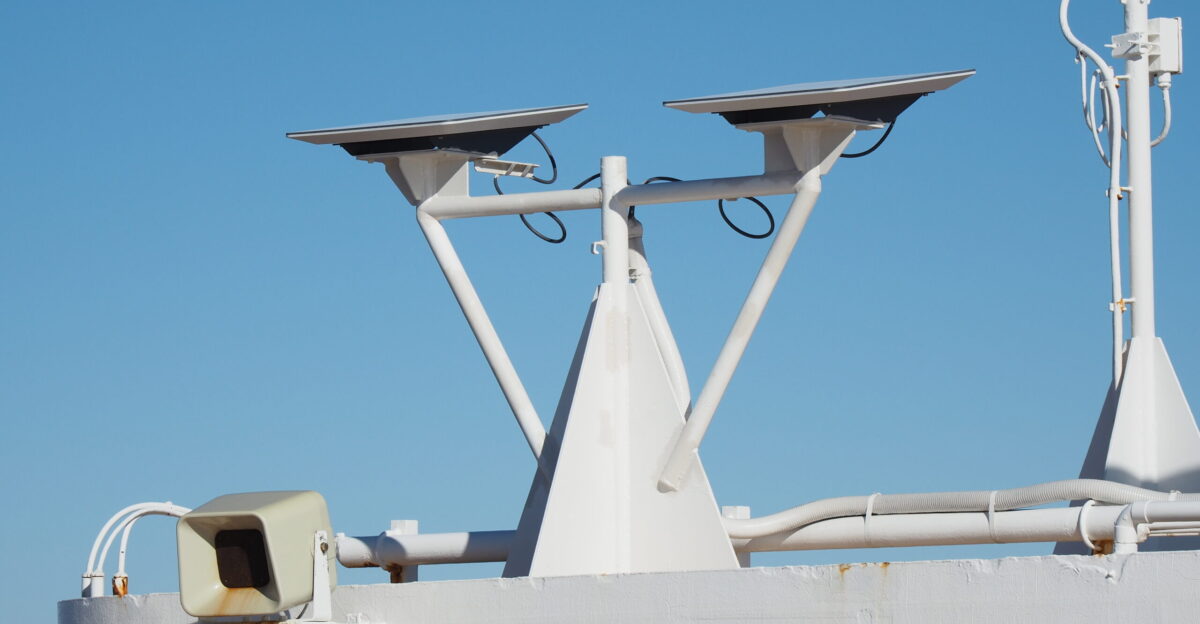
Starlink’s portability and independence from national telecoms make it ideal for criminal operations. Unlike traditional internet infrastructure that governments can shut down, Starlink terminals are mobile satellite receivers that bypass national controls entirely.
A single terminal can be purchased, shipped across borders, and activated in remote locations where law enforcement has limited reach.
Licensed Nowhere, Operating Everywhere

Starlink operates in Myanmar without a local license, complicating enforcement efforts. The lack of clear jurisdictional authority makes it difficult for local and international agencies to hold technology providers accountable for misuse.
Regional expert analysis indicates “Starlink [is] failing the first basic test of business and human rights, which is to ensure that your operations do no harm.”
The Geofencing Question
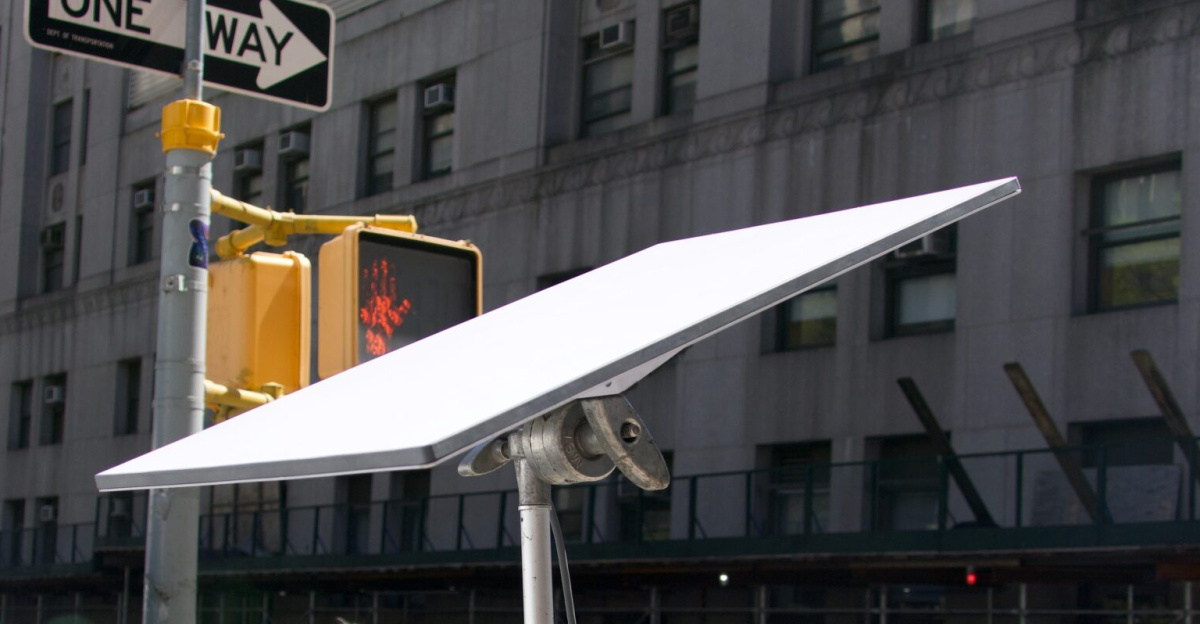
SpaceX possesses the technical capability to implement geographic restrictions that would make Starlink unavailable in Myanmar or specific border regions where scam compounds operate.
The company has successfully used geofencing in other contexts, including restricting service in conflict zones. Why this capability remains unused in Southeast Asia is a central question of the congressional investigation.
Hassan Demands Answers
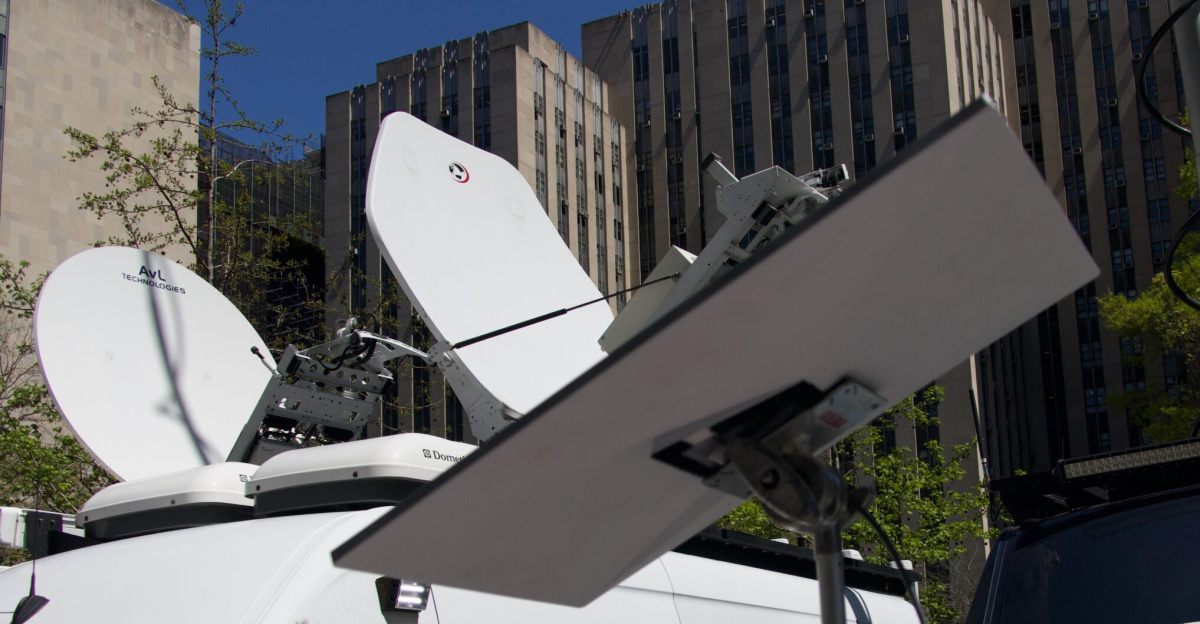
In her July 2025 letter to SpaceX, Senator Hassan requested detailed information about Starlink’s use in scam operations, including the number of active devices in Southeast Asia, the steps SpaceX has taken to prevent misuse, and the reasons why the company hasn’t implemented geographic restrictions.
The letter cited specific evidence of Starlink enabling transnational criminal organizations.
The Hearing Question
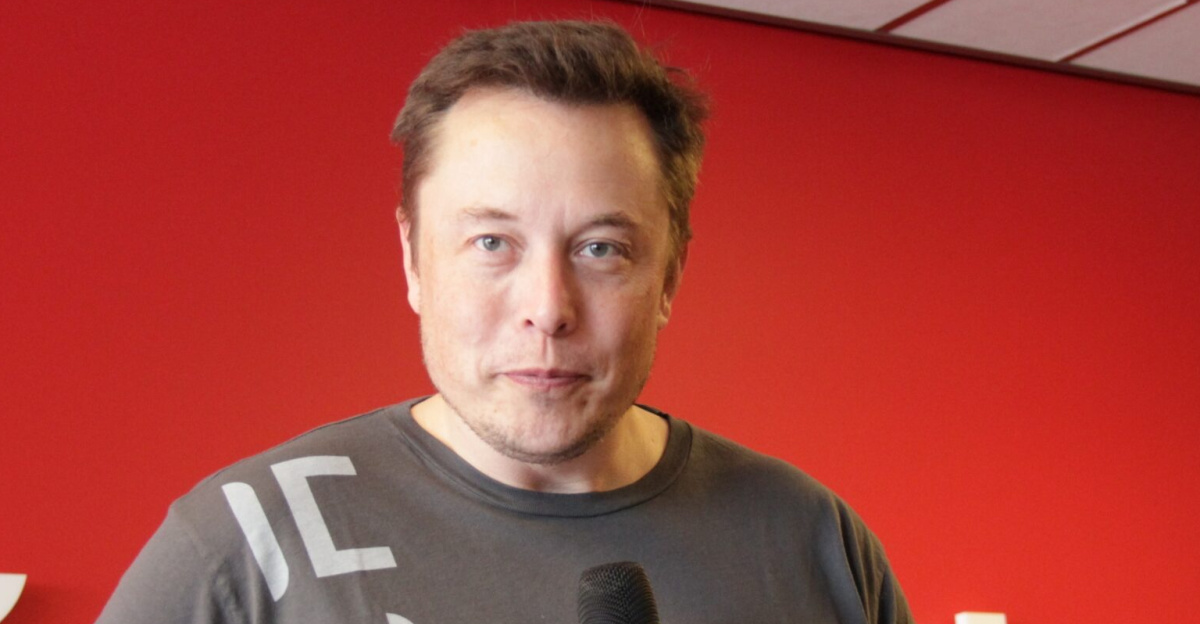
The Joint Economic Committee has the power to call Musk to a congressional hearing, though it cannot compel him to testify. With bipartisan support for the investigation, lawmakers are weighing whether to formally subpoena SpaceX executives.
The committee is also considering whether to recommend new legislation specifically targeting satellite internet providers’ accountability for criminal use.
International Pressure Mounts
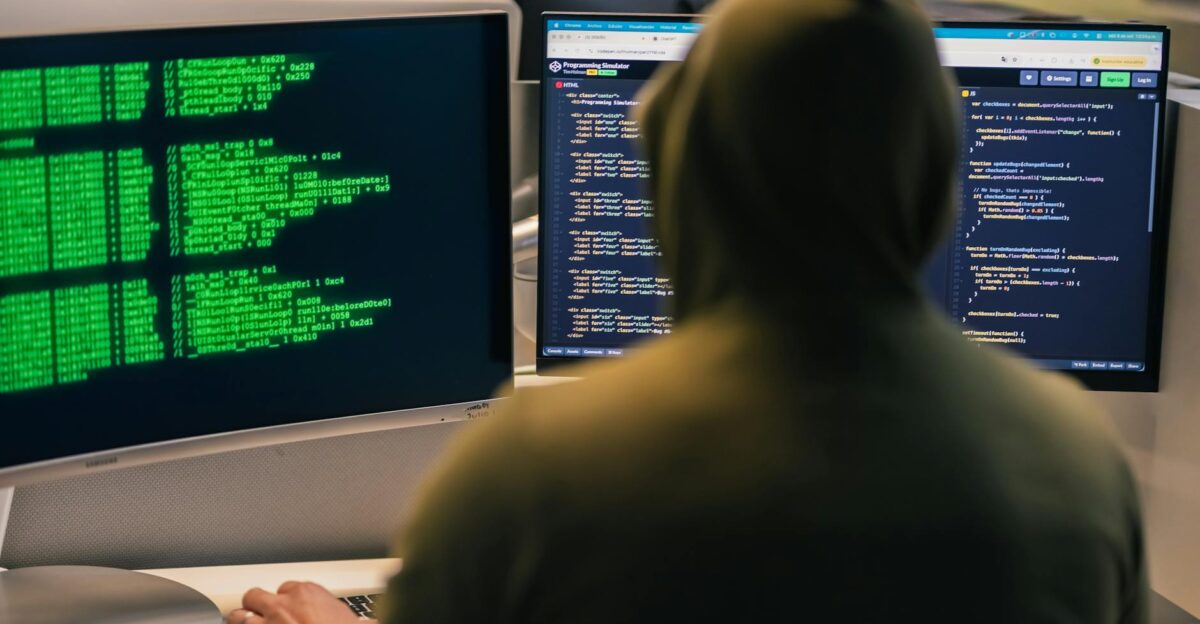
The issue has become a flashpoint in international discussions on cybercrime and cross-border enforcement. Regional governments in Southeast Asia, including Thailand, Myanmar, and Cambodia, are under pressure to crack down on scam centers.
Thailand’s government has requested cooperation from SpaceX but received a limited response. International law enforcement agencies have expressed frustration with the company’s lack of engagement.
US-UK Sanctions Strike
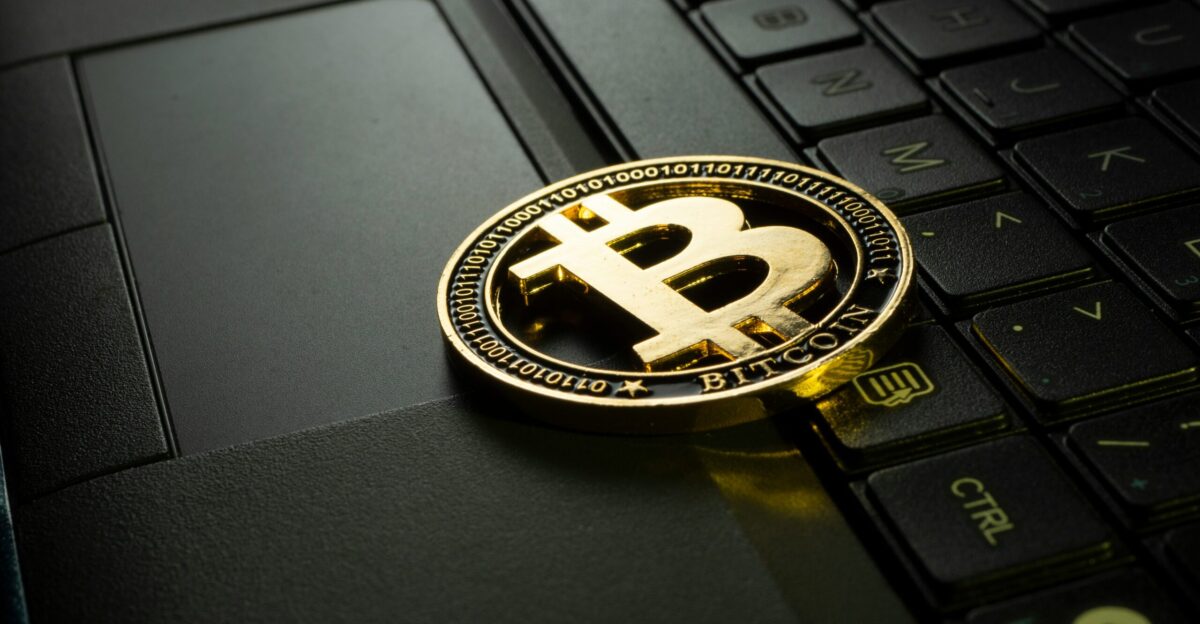
On October 14, 2025, the U.S. and U.K. took their largest action ever targeting these networks.
The U.S. Treasury Department designated the Prince Group as a transnational criminal organization and seized approximately $15 billion in cryptocurrency linked to Southeast Asian scam operations. The coordinated action demonstrates the scale of international concern about cyber-enabled fraud.
The Precedent at Stake

The outcome of the Starlink investigation will set a precedent for how satellite internet providers are regulated globally. Other satellite internet companies, including Amazon’s Project Kuiper and OneWeb, are watching closely.
The case raises fundamental questions about corporate responsibility when technology designed for good is weaponized for criminal purposes.
Industry-Wide Implications
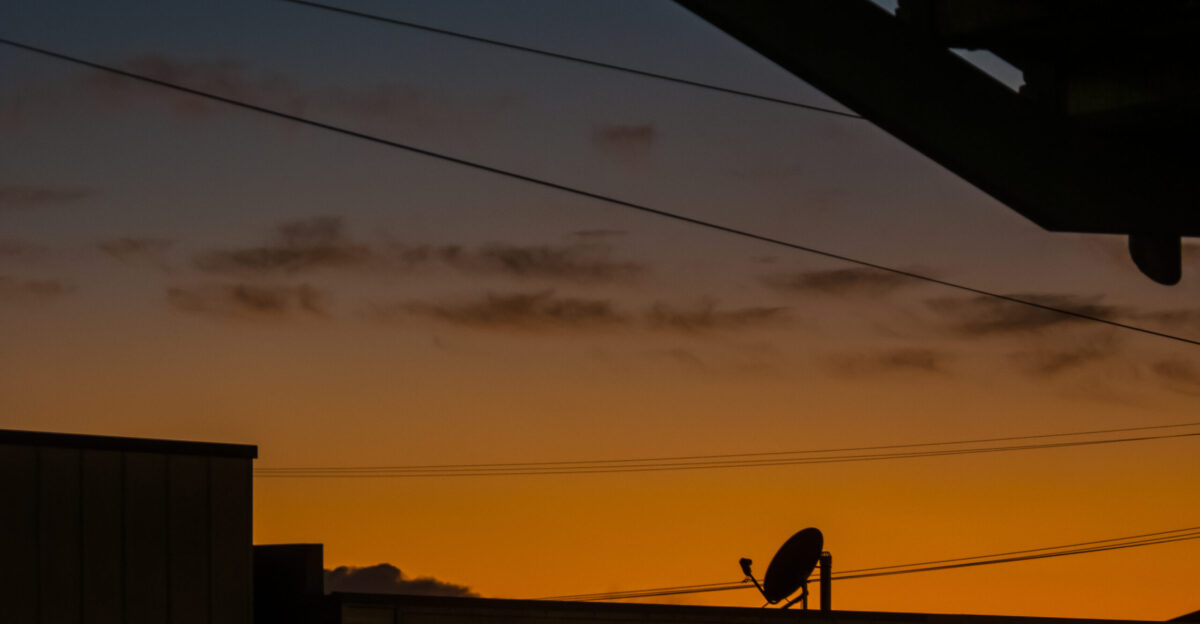
As satellite internet technology becomes more accessible and affordable, the risk of criminal exploitation grows.
Cybersecurity experts warn that without clear accountability standards, satellite providers could become the preferred infrastructure for transnational crime networks. The industry has no established best practices for preventing misuse in unlicensed jurisdictions.
What Happens Next
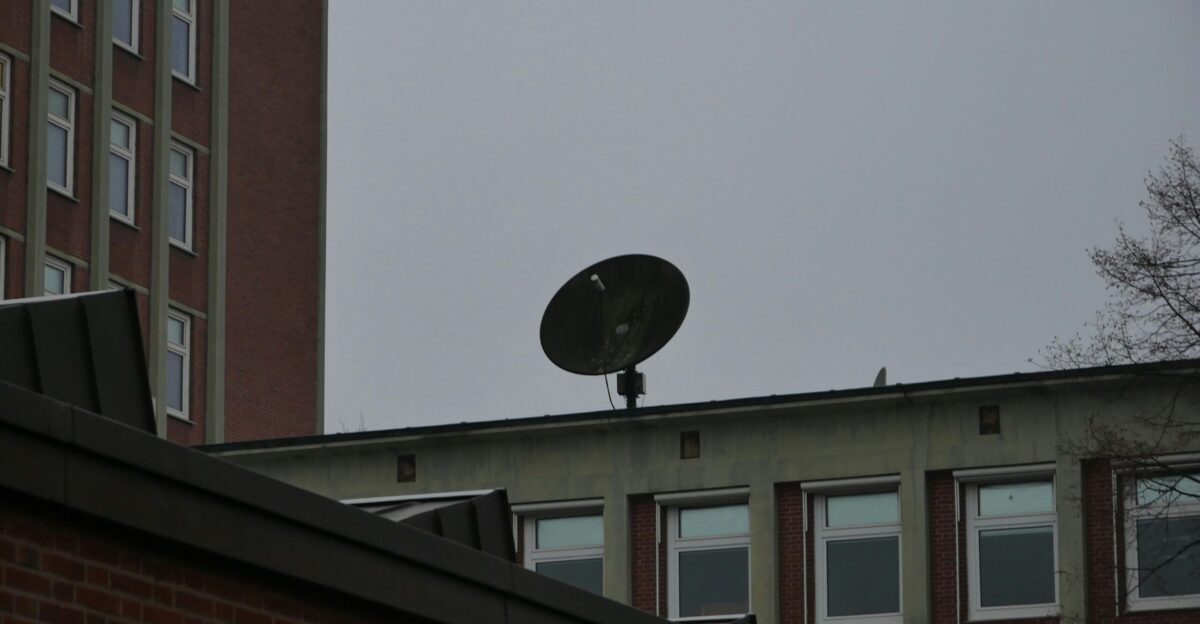
The investigation is ongoing, with more hearings expected in late 2025. Potential outcomes include mandatory geofencing requirements for satellite providers, penalties for operating without licenses in foreign countries, and new reporting requirements for detecting criminal use.
SpaceX’s response—or continued silence—will determine whether the company faces regulatory consequences or criminal referrals.